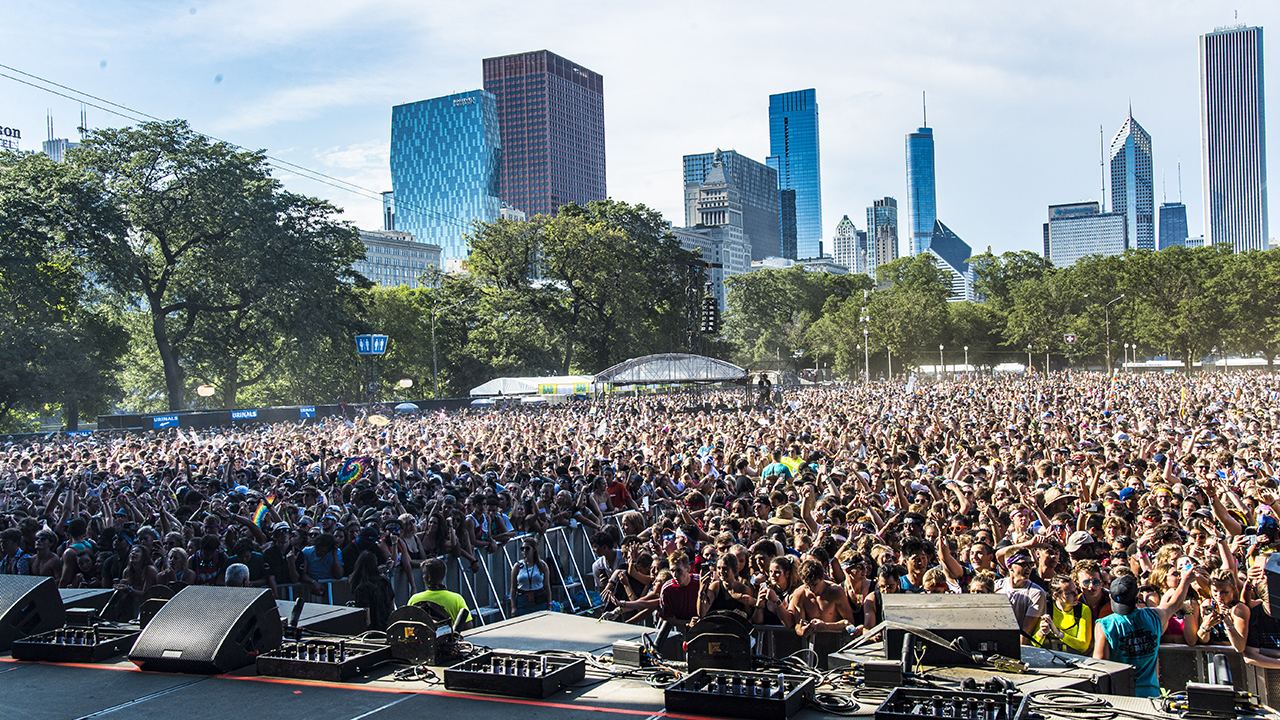Chicago area food banks continue to serve communities record numbers of people seek help amid COVID-19 pandemic

CHICAGO (WLS) -- The need for food in the Chicago area is reaching a critical point as record numbers of people go hungry.
Local food banks, like the Greater Chicago Food Depository, are working as hard as they can to feed them, but say the task is much greater than ever before.
"I don't even have enough words in my vocabulary to describe what we've seen in the last five months," said Kate Maehr, Executive Director and CEO of the Greater Chicago Food Depository.
The organization says they served nearly 800,000 people in Cook County in January, and have since seen a 120% spike in the need for food in the community.
"It's been sobering and heartbreaking to see so many of our neighbors struggling with something as basic as access to food," Maehrsaid.
The need also extends out to the Chicagoland suburbs.
"Just this past month we distributed nine million meals, which is 50% more than we did the same time last year," said President and CEO of Northern Illinois Food Bank, Julie Yurko.
Because so many people are out of work, COVID-19 stimulus checks have stopped coming in and the extra $600-a-week federal unemployment benefits have ceased, the organizations say many people are falling behind on their everyday needs.
"That benefit frankly has kept thousands of people in this community from falling into even deeper need," Maehr said.
MaehrWe are very, very concerned. Those who were struggling before the pandemic are struggling more now. We believe many new folks are struggling and we believe that will last for a long time," Yurko added.
Adding to the crisis, a federal program that assisted food banks across the country ends in October, but they're hoping legislative action will restore some of that vital safety net.
"We've seen in this arrival of COVID-19 many of the inequities and the fact that so many people in our community lived one paycheck away and now they've lost dozens of paychecks," Maehrsaid.
Both the Northern Illinois Food Bank and the Greater Chicago Food Depository say that is why they are standing by, around the clock, with free food assistance for local people who need it.
"I was on distribution on Saturday and we were giving out hot dogs, bratwurst, chicken and produce with blueberries, zucchinis, apples; and then we had milk and French onion soup dip," Yurko said. "I understand how hard it is to step forward and say 'I need a little help,' right? You may feel a little shame and all that, but no shame, absolutely no shame. We all need a little help once in a while, and we are here to give that help."
"We are a city of communities that care for each other. We are a city that is great and together we can make sure that everyone has what they need to thrive. That's the Chicago I know and love," Maehradded.
Officials say many people may not realize that because of a change in job status, they could now be eligible for SNAP or food stamp benefits. That assistance could then be used in combination with help from the food banks and pantries.
For more information about both the Greater Chicago Food Depository and the Northern Illinois Food Bank, visit their websites. There is also information on how you can volunteer or donate. To learn more about SNAP benefits, you can call 1-844-600-SNAP.





